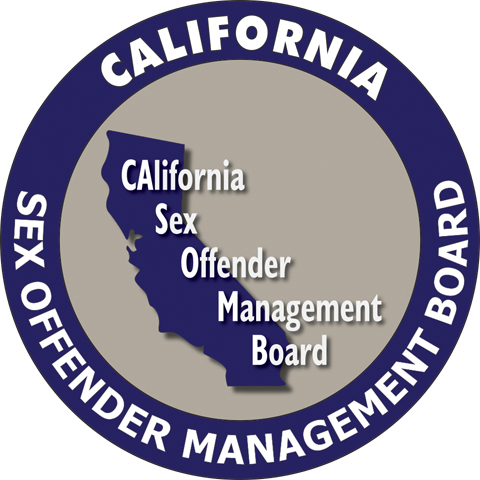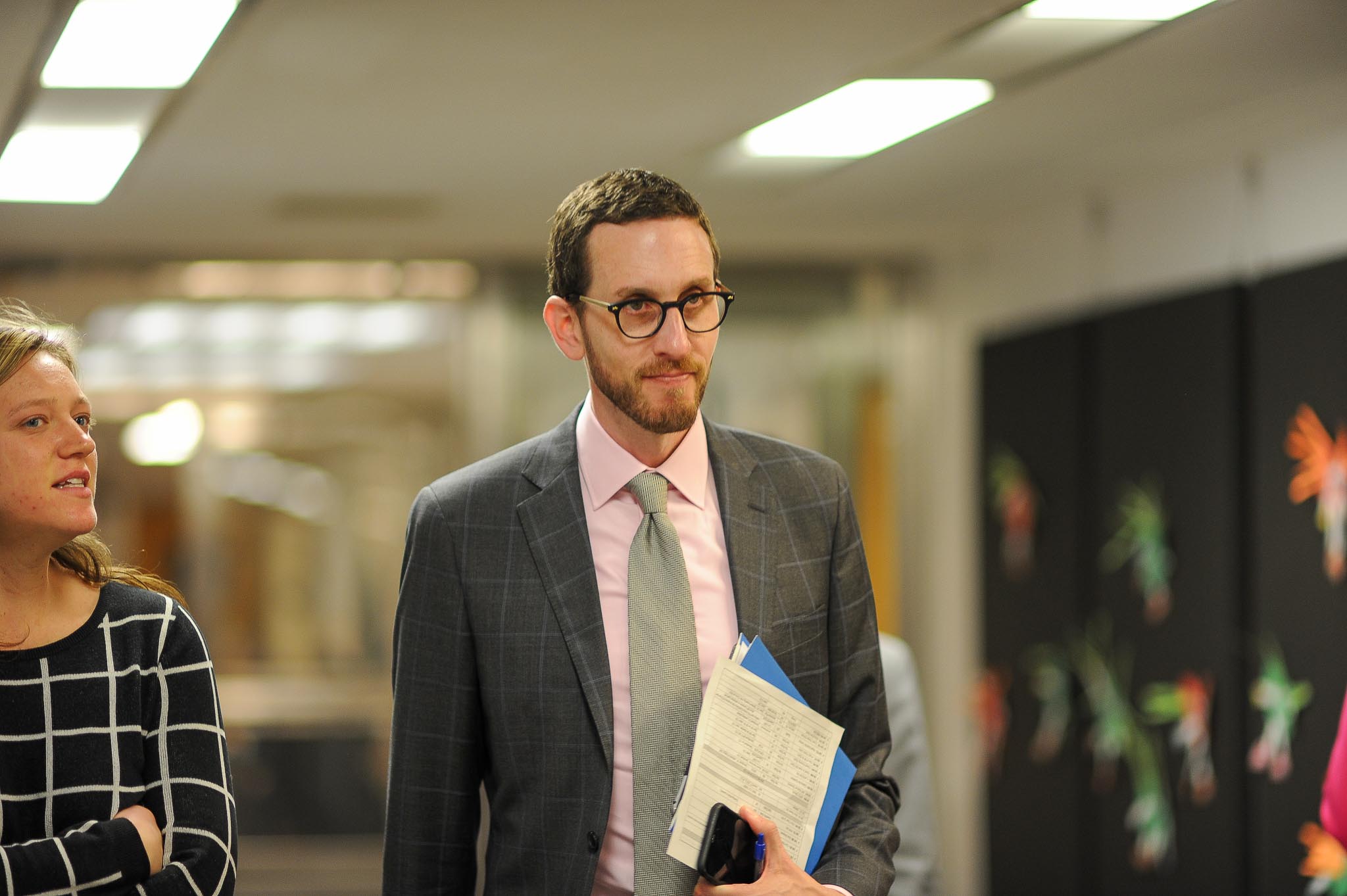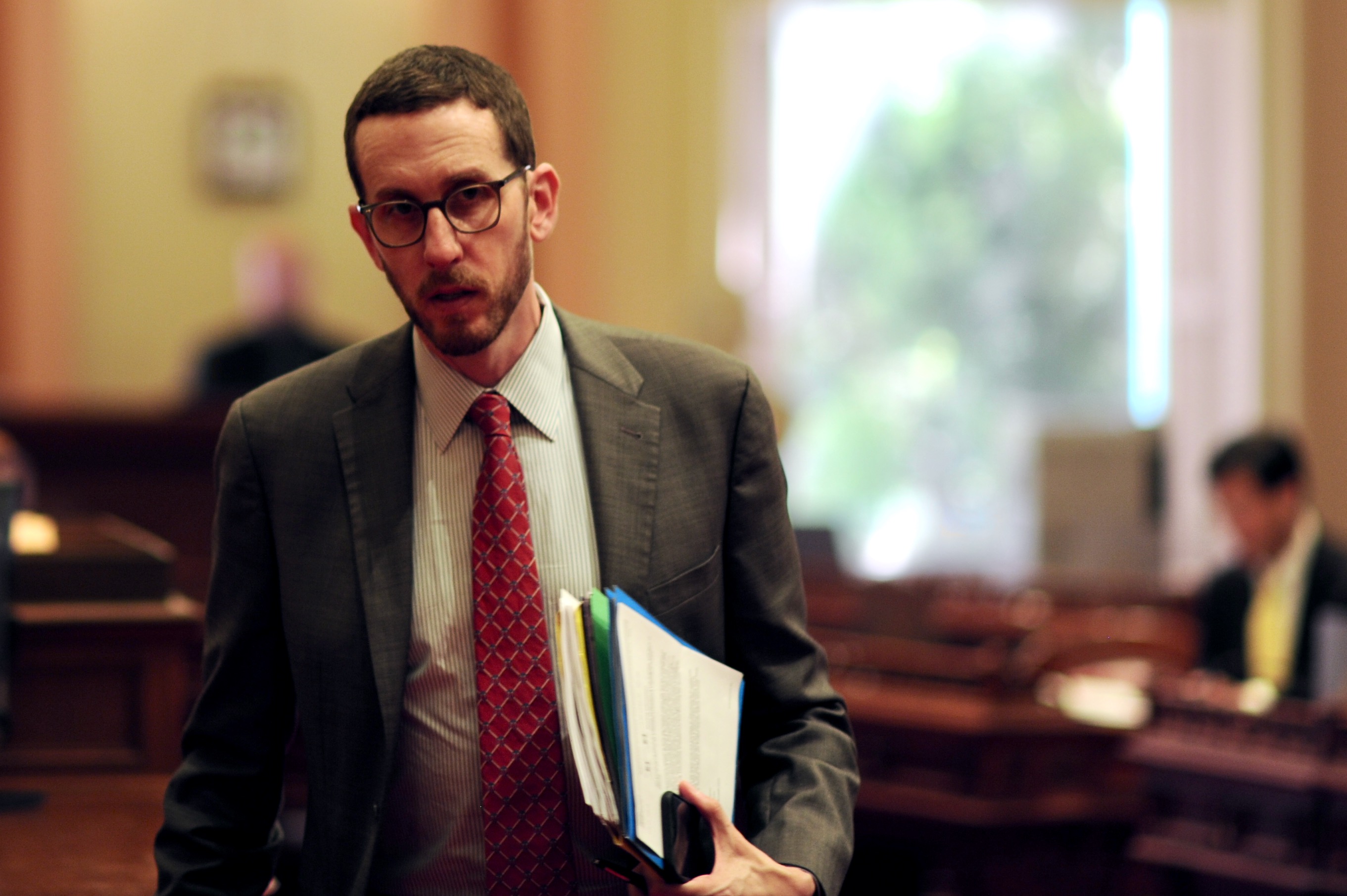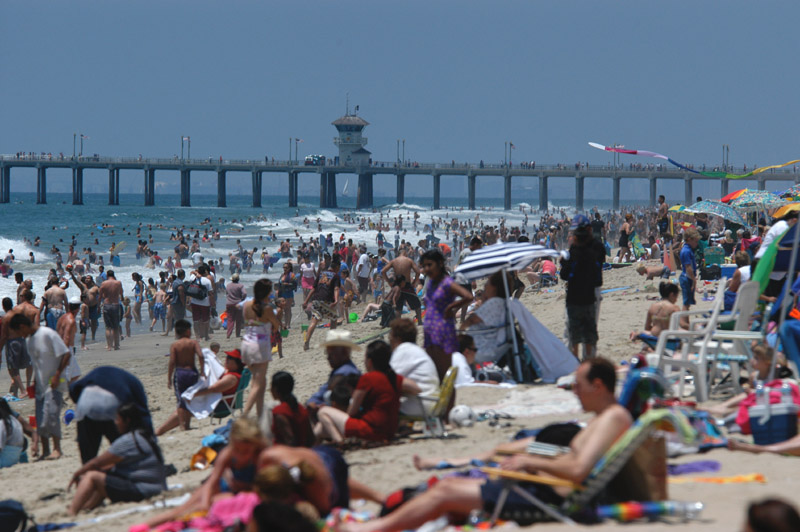
Bills to Alter California Sex Offender Registry Ignore State Statutory Rape Law
Tiered registry has those who molest children under 14 on registry for only 20 years
By Katy Grimes, March 7, 2019 4:17 pm
California’s sex offender registry was created in 2004 through Megan’s Law, in response to the rape and murder of Megan Kanka. California’s Sex Offender Registration Act requires sex offenders to register with local law enforcement and have their information available to the public on a statewide website.
Much is currently being made of California’s sex offender registry, with several competing bills in the pipeline – to unwind it, and one to strengthen it.

Assemblywoman Melissa Melendez (R-Lake Elsinore) authored AB 884, which changes the California sex offender registry requirements for those who molest a child under age 14. “Currently, those convicted of molesting a child under age 14 only have to register for 20 years, and not for life as offenders of children over the age of 14 are required to do,” Melendez said in an interview.
Melendez said a 2017 law passed by the California Legislature, SB 384 authored by Sen. Scott Wiener (D-San Francisco), and signed it into law by Gov. Jerry Brown, changed the sex offender registry into a three-tiered system with different time requirements for which offenders will be registered: 10 years, 20 years and life.
However, in the new tiered system, sexual predators who molest 14 or 15 year old children are required to register for life. But those predators who molest children under age 14 only have to register for 20 years. “This makes no sense since molesting children is one of the most common sex crimes,” Melendez said.
Democrats, who overwhelmingly supported SB 384, justified the bill’s registry changes because “there are just too many registrants on California’s sex offender registry.”
“Why water down a database which is used as an important resource to the people of California?” Melendez asked.
AB 884, “protects victims by mandating child molesters be registered for life, and that their information will always be made available to law enforcement,” Melendez said.
On the flip side, Sen. Wiener authored SB 145 this year, which he says “puts a stop to LGBT young people going on the sex offender registry, when similarly situated young straight people do not.”
As it was originally written, SB 145 said offenders would not have to automatically register as sex offenders if the offenders are within 10 years of age of the minor. Wiener has made amendments to the bill which California Globe reported on earlier this week.
The glitch with Wiener’s bill is the notion that minors can consent to sex with someone 10 years older. The law recognizes that children are not developmentally able to make decisions about when to engage in sexual behaviors. Laws vary by state, with many states assigning a common age of consent as 16. The age of consent in California is 18, meaning it is illegal to engage in sexual intercourse with a person under the age of 18. And consent is not a valid legal defense according to state law.
California Code Section 261.5 says: (a) Unlawful sexual intercourse is an act of sexual intercourse accomplished with a person who is not the spouse of the perpetrator, if the person is a minor. For the purposes of this section, a “minor” is a person under the age of 18 years and an “adult” is a person who is at least 18 years of age.
The code is very specific: (d) Any person 21 years of age or older who engages in an act of unlawful sexual intercourse with a minor who is under 16 years of age is guilty of either a misdemeanor or a felony, and shall be punished by imprisonment in a county jail…
Wiener said he is trying to shield LGBT young people from having to automatically register as sex offenders for specified sex crimes.
Melendez’s AB 884 is a straight-forward fix for the tiered system. Wiener’s bill could be if the penal code is amended to not be sexual-act specific, rather than trying to exempt LGBT or heterosexual offenders. However, getting around the statutory rape law declaring age 18 as the age of consent is another issue. Wiener’s bill addresses Penal codes 288.3 and 290.55, but does not address statutory rape and age of consent, Penal Code Section 261.5.





Great article and great work as usual, Katy.
Gee, I must have been trying to have a life in 2017 instead of helicoptering the crazy Dems in our CA legislature that year, because I completely missed SB 384. What on earth?
Can someone please explain to me why Sen Scott Wiener would even be in the business of authoring a bill that attempts to give a break to the worst child molesters in favor of other child molesters? We can only hope the reason for it is incompetence in drafting a bill… and not something more ominous.
But the result is the same, isn’t it?
At least Asm Melissa Melendez is paying attention and trying to fix what should never have been done in the first place — very grateful to her.
While I am suspicious of Sen. Scott Weiner’s motivations and suggest that he pull SB 145, Asm. Melissa Melendez is to be thanked for her efforts to fix a situation that Gov. Brown should have caught in the first place.
You lost all credibility when you subtly changed the wording to say “predator”. Typical biased reporting, trying to make the Tier 2 offenders sound more ominous. Shame on you and your agenda.
What are they if not predators anyone preying on a minor child for sexual purposes is nothing but a predator.
Frankly, thousands of them don’t register at all, or move without permission to other states, etc. It’s quite common. Look on the California Parole Division site. You can scroll through hundreds of names of sex offenders whose whereabouts are completely unknown. A waste of time, manpower, and LOTS of money!
Our problem is not about former sex offenders nearly as much as the unknown offenders. Law enforcement has no problem locating former offenders and the registries have never been shown to be an effective deterrent to any real predators.
The new law can give more emphasis to prevention and focus on selective threats to society where money and man power are needed most.
A man in his 30’s is going to be allowed to have his name removed from the sex offenders registry this month because it has been over 20 years since he plead guilty of about 4 counts of lewd acts with a child ( 2 children between 5 and 7 years of age. How can we have any idea of what he may have been doing these 20 years? Does this mean that he can now move near children, work with children, or even engage on social media with children? Are we protecting the little children that may even be too young to communicate what is going on? I counted on the registry to at least give some warning.
Sorry was in his 30’s at time of pleading guilty
Sent reply to soon- man was in 30’s when he plead guilty to lewd acts with by minor.
reply to soon- man was in 30’s when he plead guilty